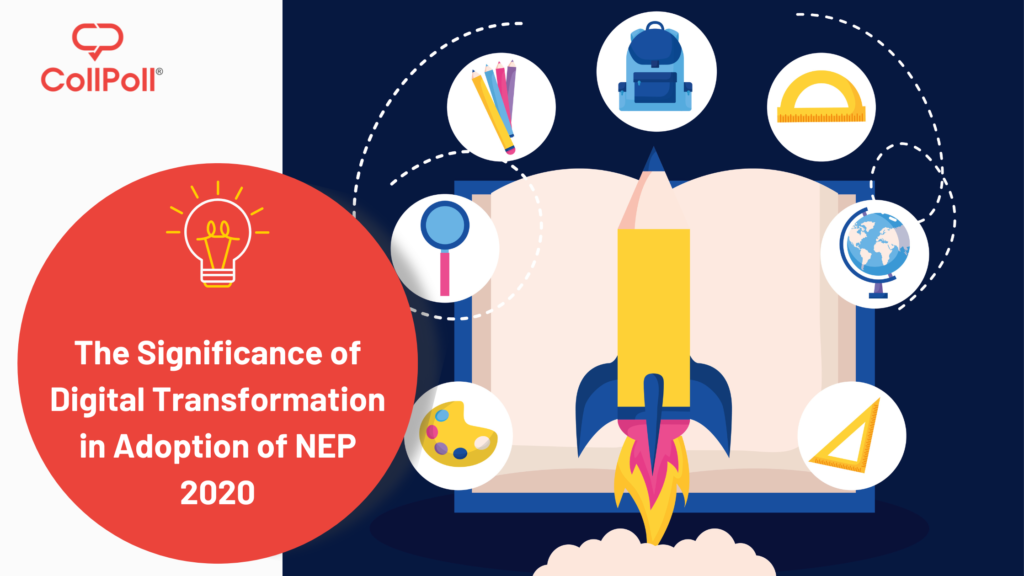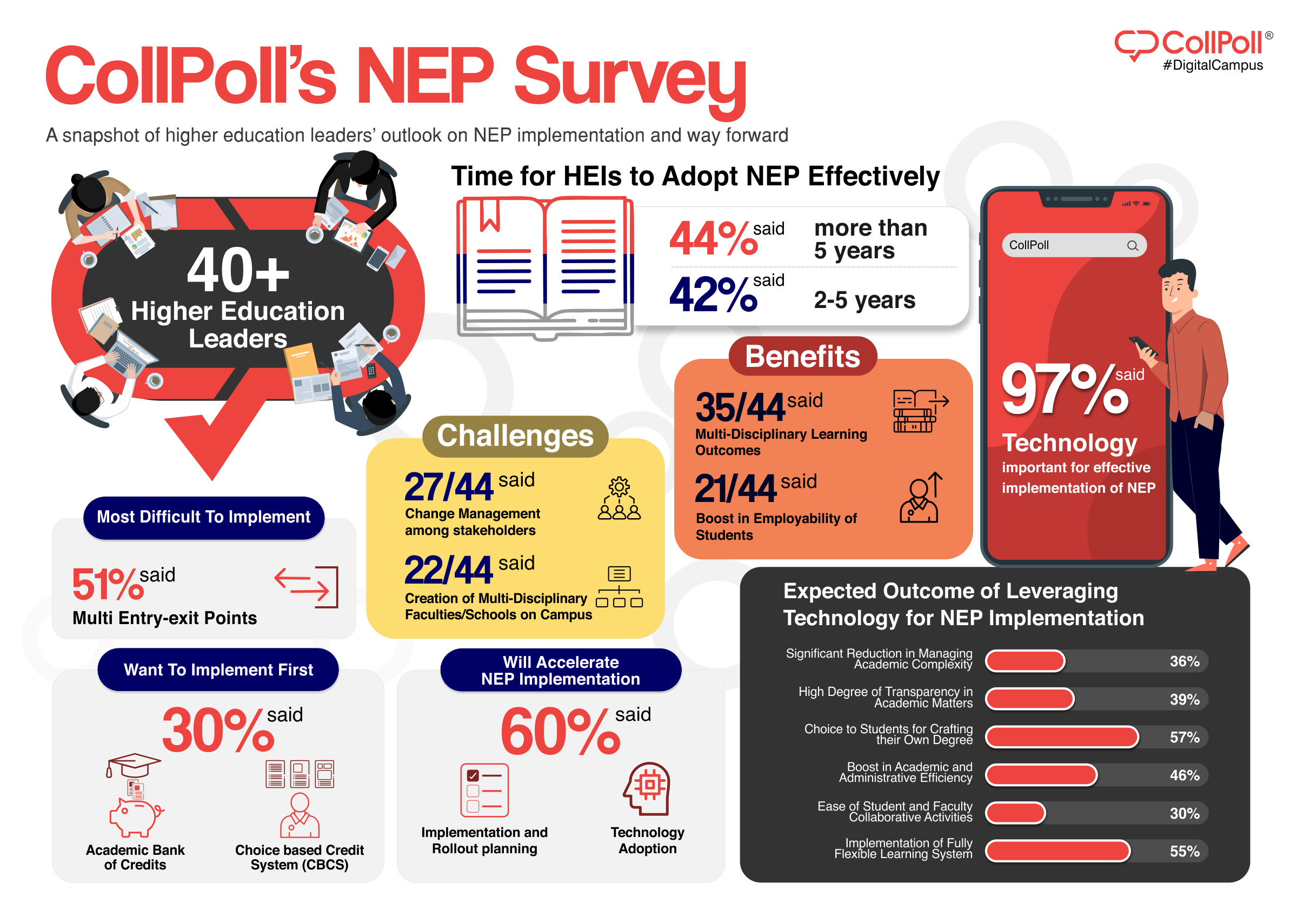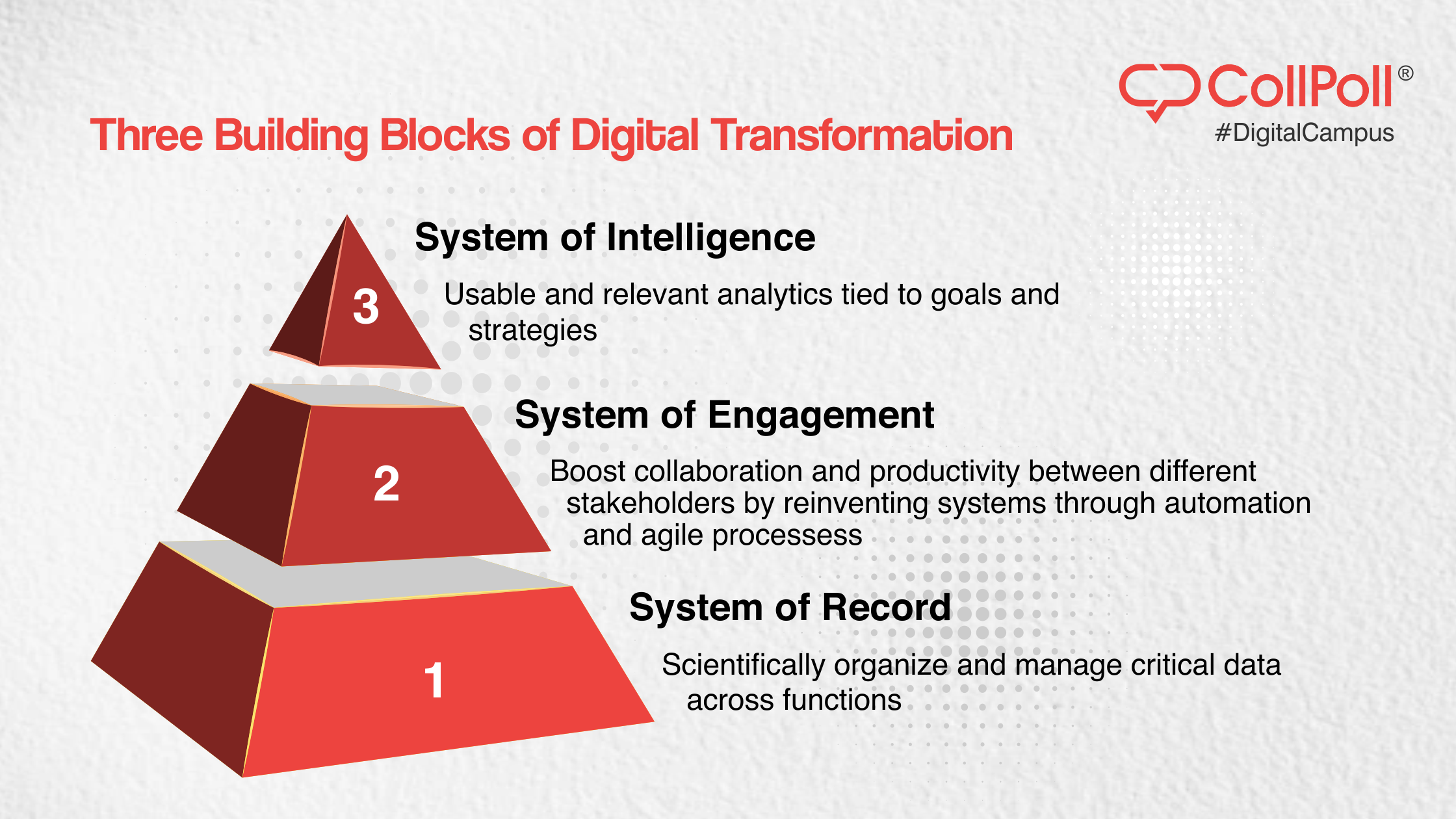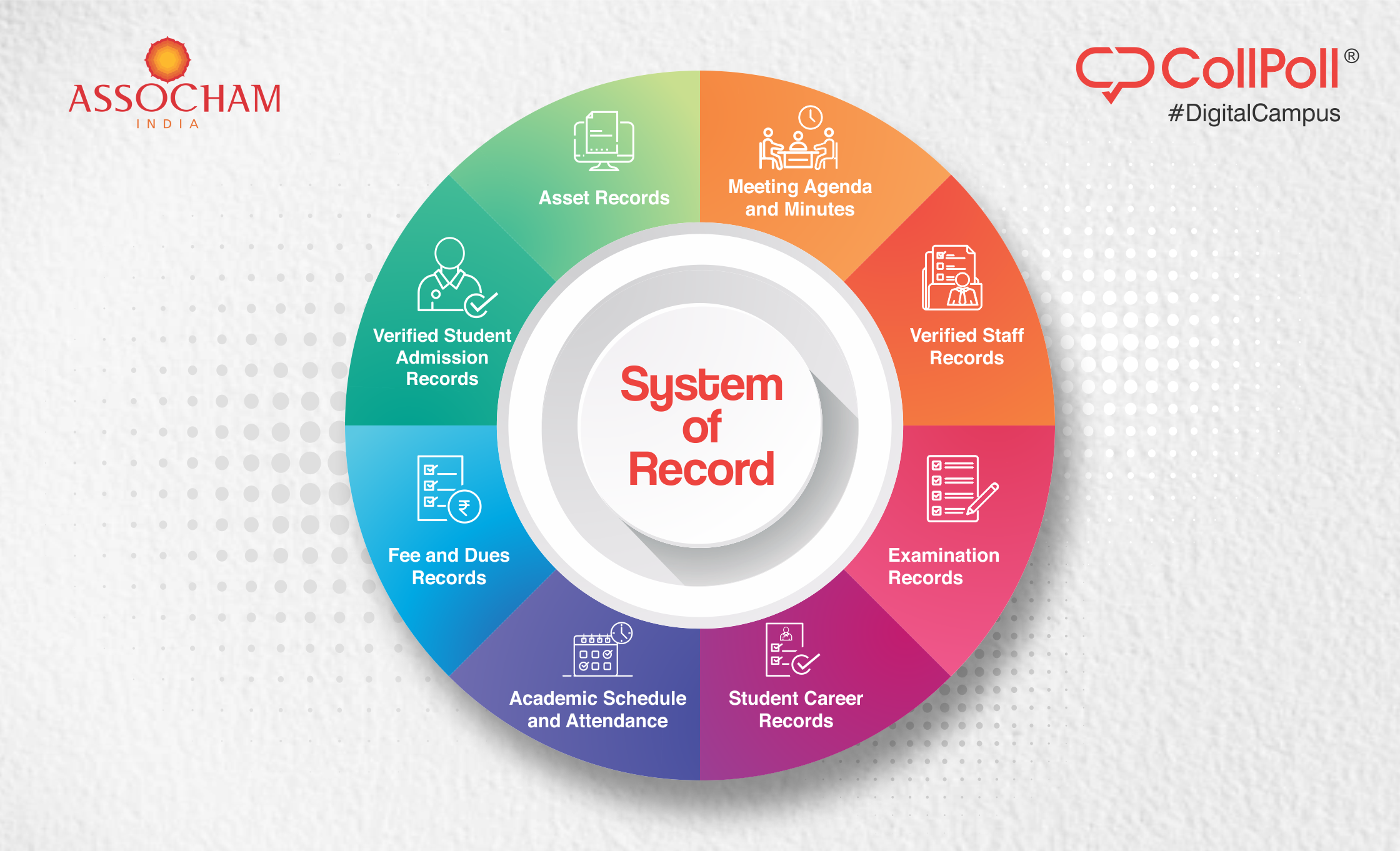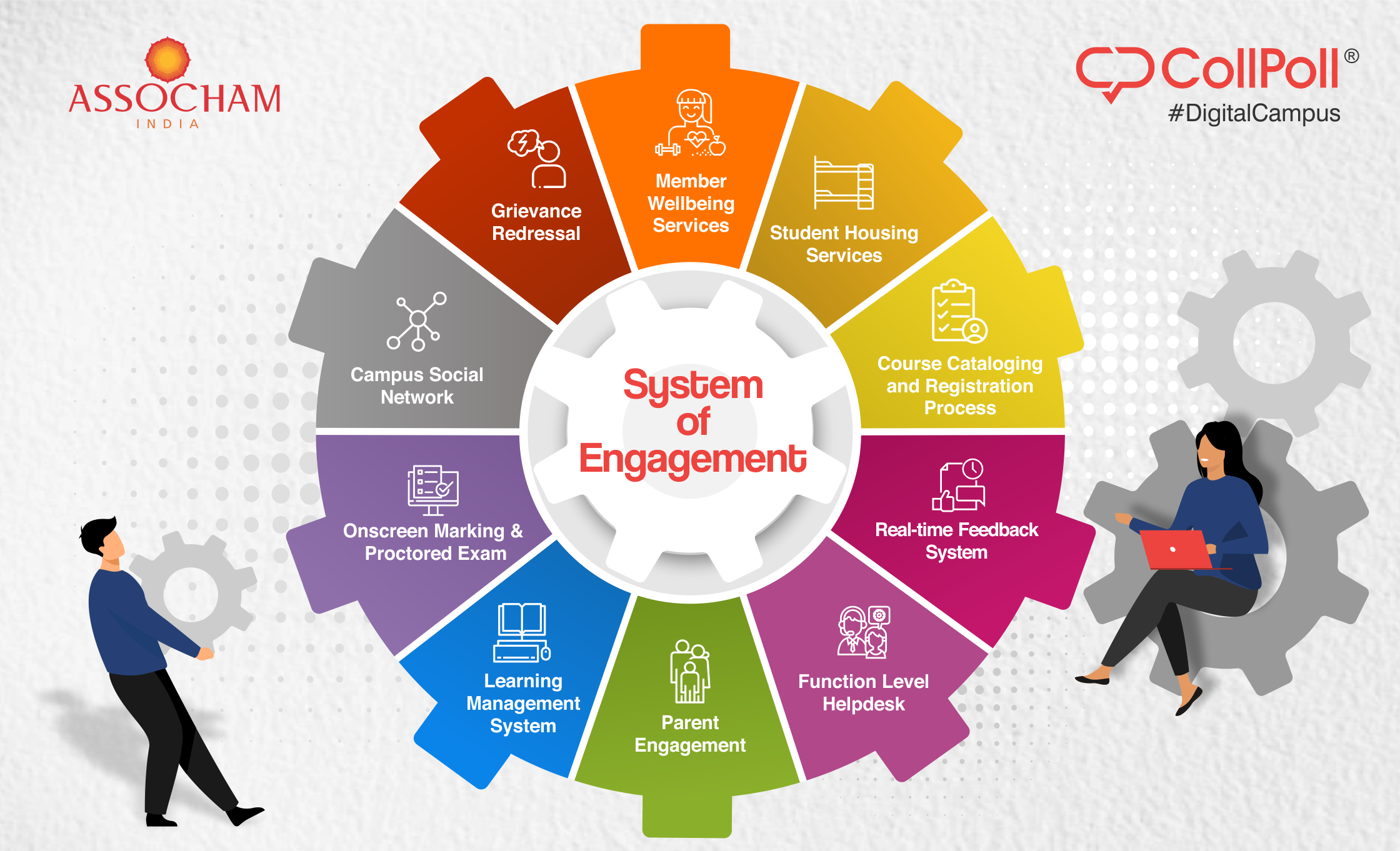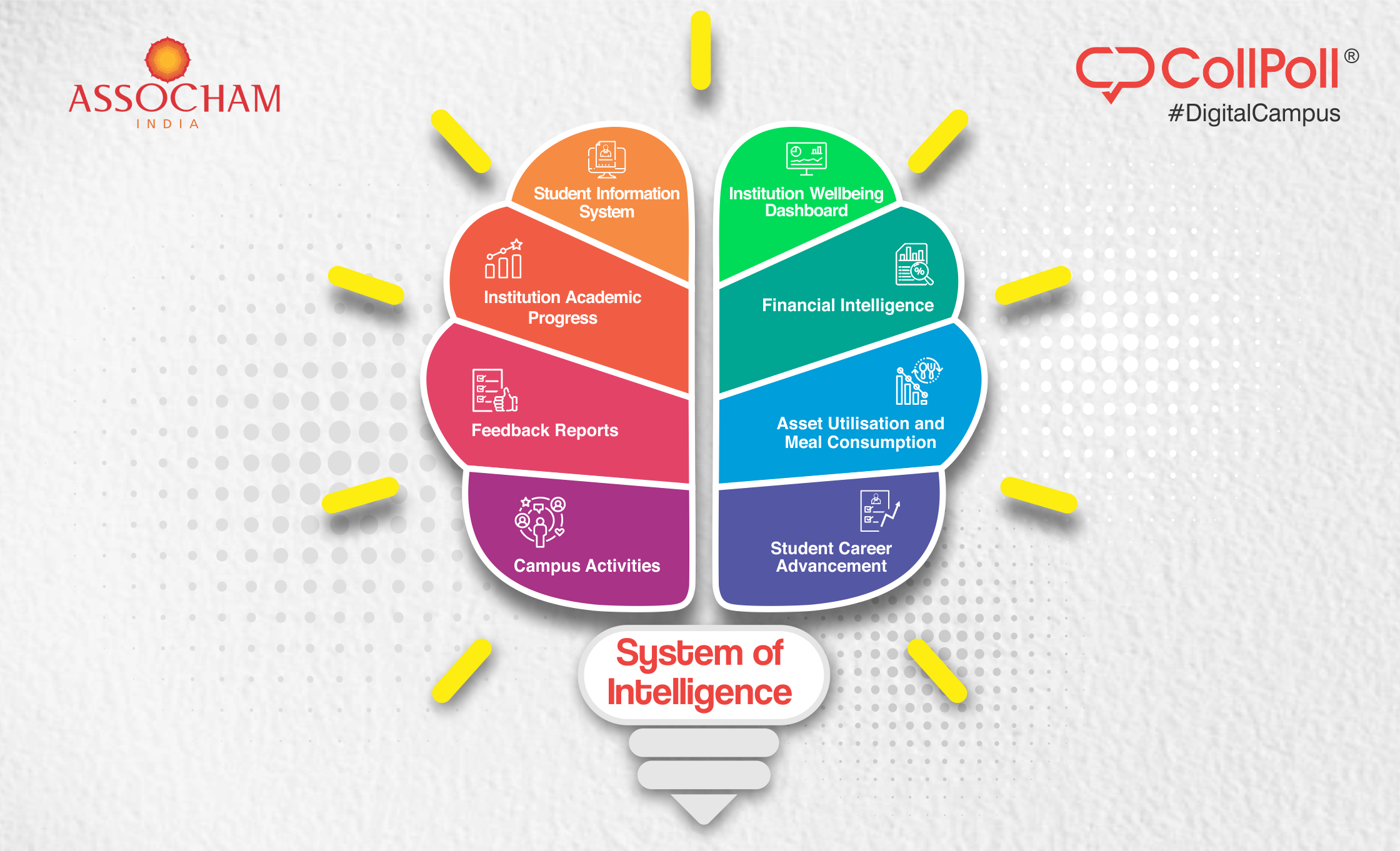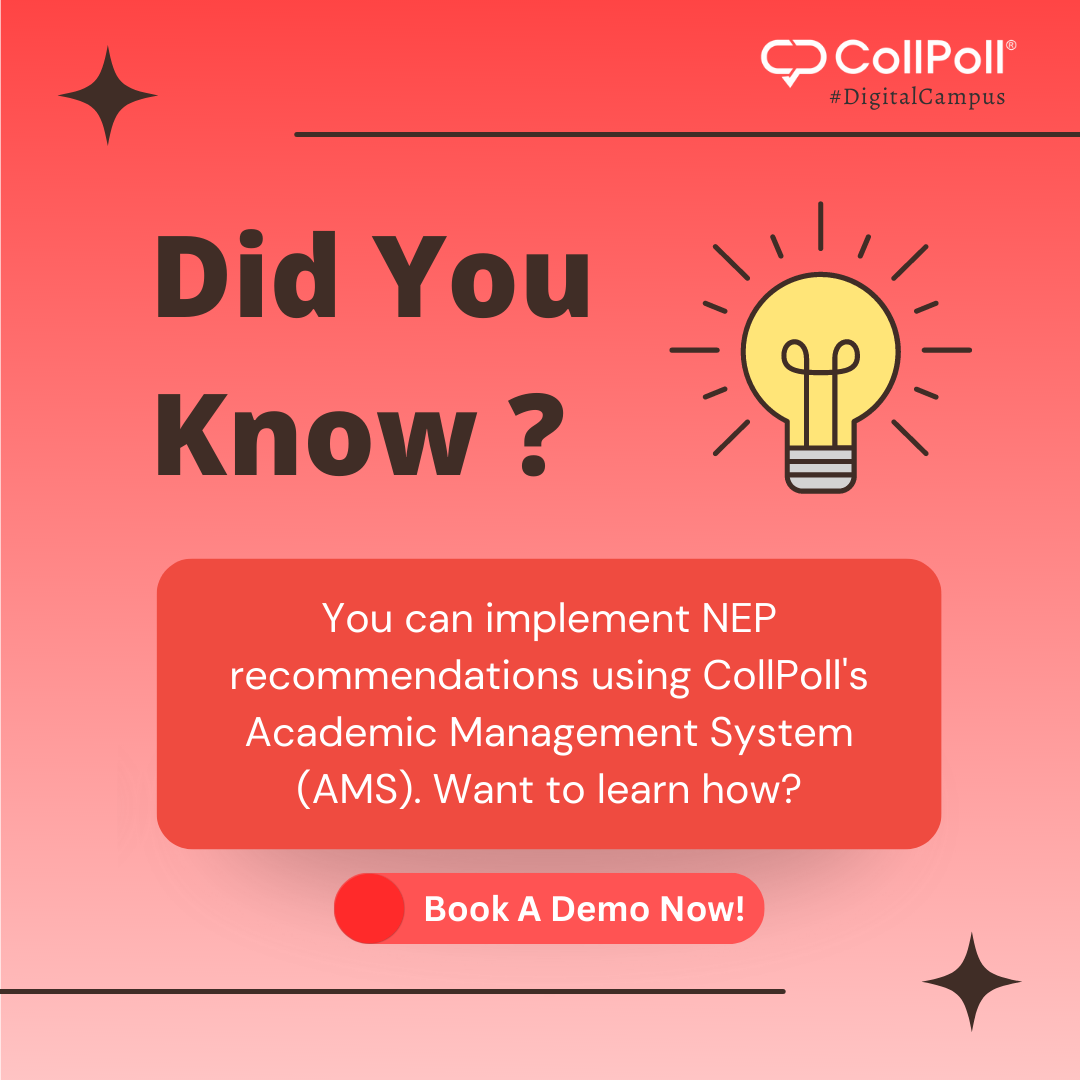The New Education Policy has undergone several modifications since its inception in 1968, with revisions in 1986, 1992, and 2020. The Ministry of Education made significant reforms to the education structure under NEP 2020 on July 29, 2020, marking a historic day for the Indian education system. With India becoming an information-intensive society in the last decade, the NEP recognizes the growing need to adopt technology in education. The policy advocates for extensive use of technology in teaching and learning, which will not only remove language barriers but also increase access and aid in education planning and management.
The New Education Policy (NEP 2020) was announced with the aim of transforming the education system in India. The policy envisions an education system that is flexible, multidisciplinary, and oriented towards the holistic development of students. The NEP 2020 recognizes the importance of digital transformation in education and emphasizes the use of technology to facilitate learning.
An Overview of the New Education Policy (NEP 2020)
In July 2020, the government introduced the New Education Policy (NEP 2020) as a comprehensive framework to drive the sector’s development and revitalize its institutions. As the education system grapples with challenges such as rote learning, slow skill development, and poor employability, the NEP 2020 presents a gamut of opportunities to address these issues and pave the way for growth in all areas.
However, for the NEP 2020 to realize its potential and deliver the intended outcomes, it needs to be implemented with the right set of tools and technologies. The effective use of technology is essential in driving better student success and improving education outcomes. Therefore, the success of New Education Policy hinges on the adoption of digital transformation by educational institutions across India.
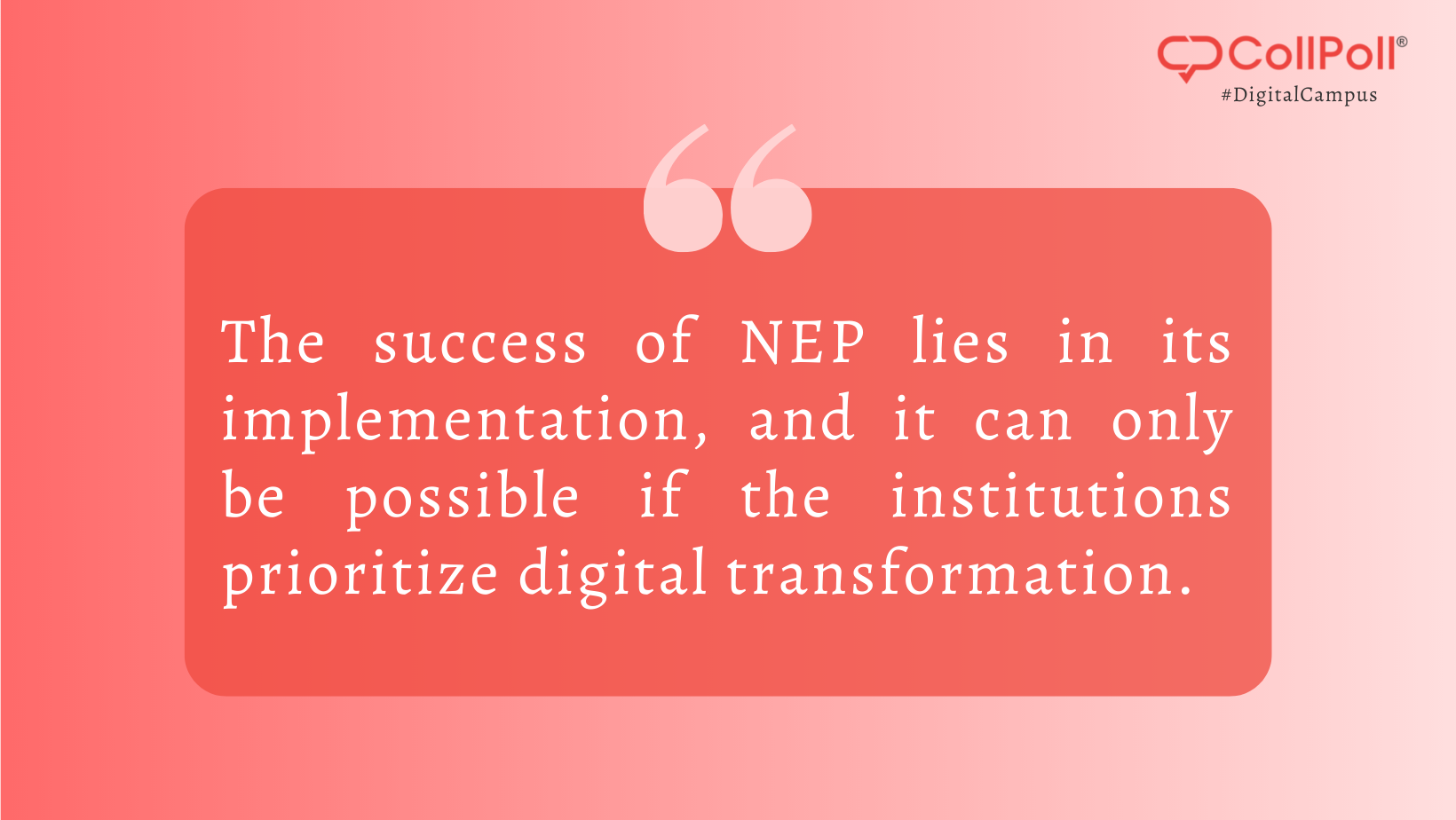
In conclusion, the NEP 2020 is a much-needed policy that takes a forward-looking approach to education in India. Its effective implementation is crucial to drive the necessary changes and improve the quality of education. However, the real potential of NEP can only be realized if the institutions prioritize digital transformation to support the policy’s objectives.
NEP 2020: Revolutionizing Higher Education Institutions in India
The New Education Policy emphasizes the need for multidisciplinary education, vocational courses, and opportunities for growth in all areas. It also focuses on improving the faculty, teacher education, mentoring, and financial support for students from disadvantaged backgrounds. The policy also focuses on open and distance learning, online education, and digital education to increase the gross enrollment ratio (GER). The New Education Policy (NEP 2020) has brought significant changes to the higher education system, including:
- Providing holistic and multidisciplinary education with multiple exit options and rewards for relevant certification.
- Establishing Multidisciplinary Education and Research Universities (MERUs) and the National Research Foundation to promote research culture.
- Creating an umbrella body, the Higher Education Commission of India (HECI), to monitor higher education and penalize non-compliant institutions.
- Focusing on recruiting highly motivated, skilled, and energized faculty through a transparent process and incentivizing excellence.
- Introducing a National Curriculum Framework for Teacher Education and taking strict actions against substandard Teacher Education Institutions (TEIs).
- Building a National Mission for Mentoring with experienced and knowledgeable faculty to support teachers.
- Offering financial support and scholarships to students from financially weak backgrounds.
- Encouraging open and distance learning with funding for research, online courses, and digital repositories.
- Establishing a committed unit to manage the digital infrastructure and content for higher education institutions and schools.
- Increasing public investment in the education sector to 6% of GDP.
- Prioritizing adult education and aiming for 100% youth and adult literacy nationwide.
The Importance of Digital Transformation
According to a survey conducted by Team CollPoll, which included over 40 institutions such as JGU, Bennett University, and TISS, among others, technology is regarded as a critical factor in enabling the effective implementation of NEP 2020. The key insights from the survey captured the following data, highlighting the importance of Digital Transformation of educational institutions to attain the outcomes of the New Education Policy (NEP 2020).
“95% of the institutions have listed technology as the key enabler for the effective implementation of NEP and over 63% of respondents noted that technology adoption and effective planning for policy implementation and rollout will be key accelerators for NEP 2020 adoption.”
The COVID-19 pandemic has highlighted the crucial need for digital transformation in the education sector. With the integration of digital technologies, not only have processes been digitized, but institutions have also started adopting products to improve the online teaching and learning experience.
The benefits of this transformation include:
1. Improved Accessibility
Digital technologies have made it easier for learners, educators, and other stakeholders to access learning resources from anywhere in the world. This has removed barriers between students and faculty and enhanced the digital learning experience.
2. Interactive Learning
With micro-lessons, videos, interactive tests, and online quizzes, digital technology is revolutionizing education. Adaptive learning, which allows each learner to learn in a way that suits them, is now possible through computer technology and AI.
CollPoll offers an enhanced teaching and learning platform that simplifies tasks, enhances security, and promotes collaboration on a single dashboard.
3. Smart Exam Portals
Assessment tests and grading are a challenge for higher education institutions, but tools like CollPoll can help address these issues. They allow institutions to monitor students during exams, offer unbiased grades/marks, manage exam schedules online, conduct exams based on outcome-based education, and use various modules and features.
By implementing an online examination management system and AI-proctored online exams, higher education institutions can seamlessly digitize their key academic processes.
4. Time-Saving Processes
By enabling institutions to manage student enrollment, verify admission documents, engage prospective students, initiate and track fee collection, and handle academic and non-academic records online, a lot of time is saved.
The availability of all academic and non-academic activities on a single online platform enhances the user experience, reduces the workload for staff and administrators, and boosts student engagement.
“The introduction of the New Education Policy has catapulted the Indian education system into a new era, and it is crucial to incorporate digital transformation on campuses in order to achieve the objectives of the policy. CollPoll aims to enable the usage of critical technologies that are simple to implement and ensure smooth collaboration between multiple stakeholders for effective NEP implementation,” says Hemant Sahal, Founder & CEO of CollPoll.
In the wake of recent epidemics and pandemics, we need to be prepared with alternative modes of quality education wherever and whenever traditional and in-person education modes are impossible.
This has led to the New Education Policy (NEP 2020) stressing the importance of capitalizing on the advantages of technology while acknowledging its potential drawbacks. Pilot studies that are carefully planned and scaled must be undertaken to take advantage of the benefits of online/digital education. To ensure that everyone receives quality education, existing digital platforms and ICT-based educational initiatives should be optimized and extended to address current and future obstacles.
Therefore, it is necessary to digitally transform higher education institutions!
Framework for Complete Digital Transformation of HEIs
Higher education institutions can benefit greatly from technology beyond just increasing productivity. It can enhance learning, collaboration, and decision-making processes. A framework has been created to represent the three fundamental elements of digital transformation for these institutions, which can assist in managing essential institutional data, promoting collaboration, and achieving goals.
Here are The Three Building Blocks of Digital Transformation:
1. System of Record:
It is critical to scientifically organize and manage critical data across various functions of the institution. This includes maintaining records of, verified student admission, fee and dues, examination, assets, verified staff data, academic schedule and attendance, and student career, among others.
2. System of Engagement:
To boost collaboration and productivity between different stakeholders, higher education institutions need to reinvent systems through automation and agile processes. From campus social network and student housing services to LMS, parent engagement, and real-time feedback systems, many such services must be configured within the institution.
3. System of Intelligence:
Usable and relevant analytics tied to institutions’ goals and strategies are imperative in the long run. The institutions should focus on adopting a good student information system, accessing comprehensive analysis, campus asset utilization, and other functions to enhance the teaching and learning experience.
Driving Digital Transformation with CollPoll
CollPoll Digital Campus is a comprehensive suite of 40+ technologies offering a web and mobile-based campus automation, digital learning and analytics platform, designed to address the rising complexity, competition, and digital compliance through a complete digital transformation of higher education institutions.
The objective is to empower students, faculty and staff, among other stakeholders, enable management to make informed decisions, improve the student experience on campus as well as keep parents informed and updated on key activities happening in the institution.

